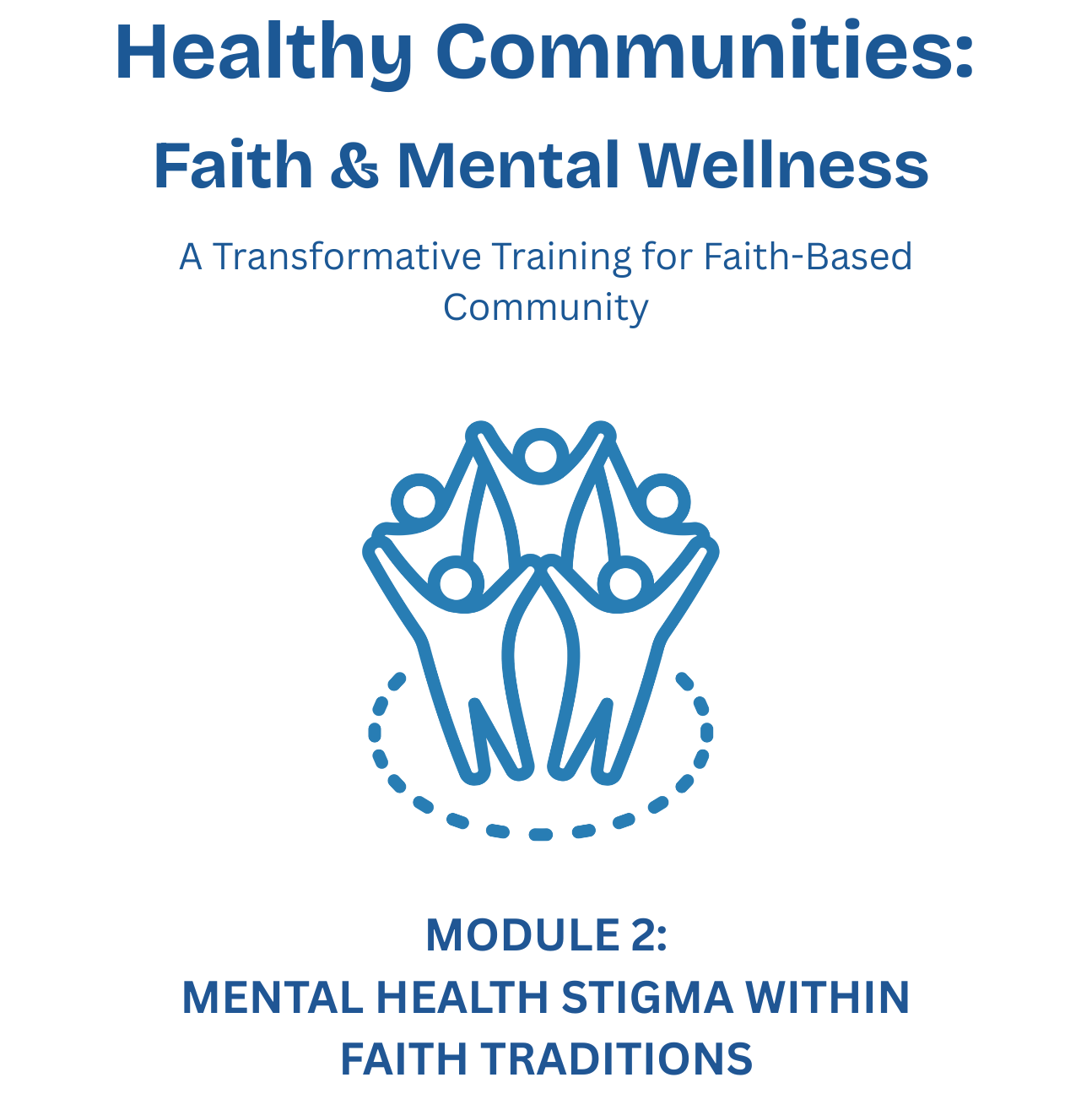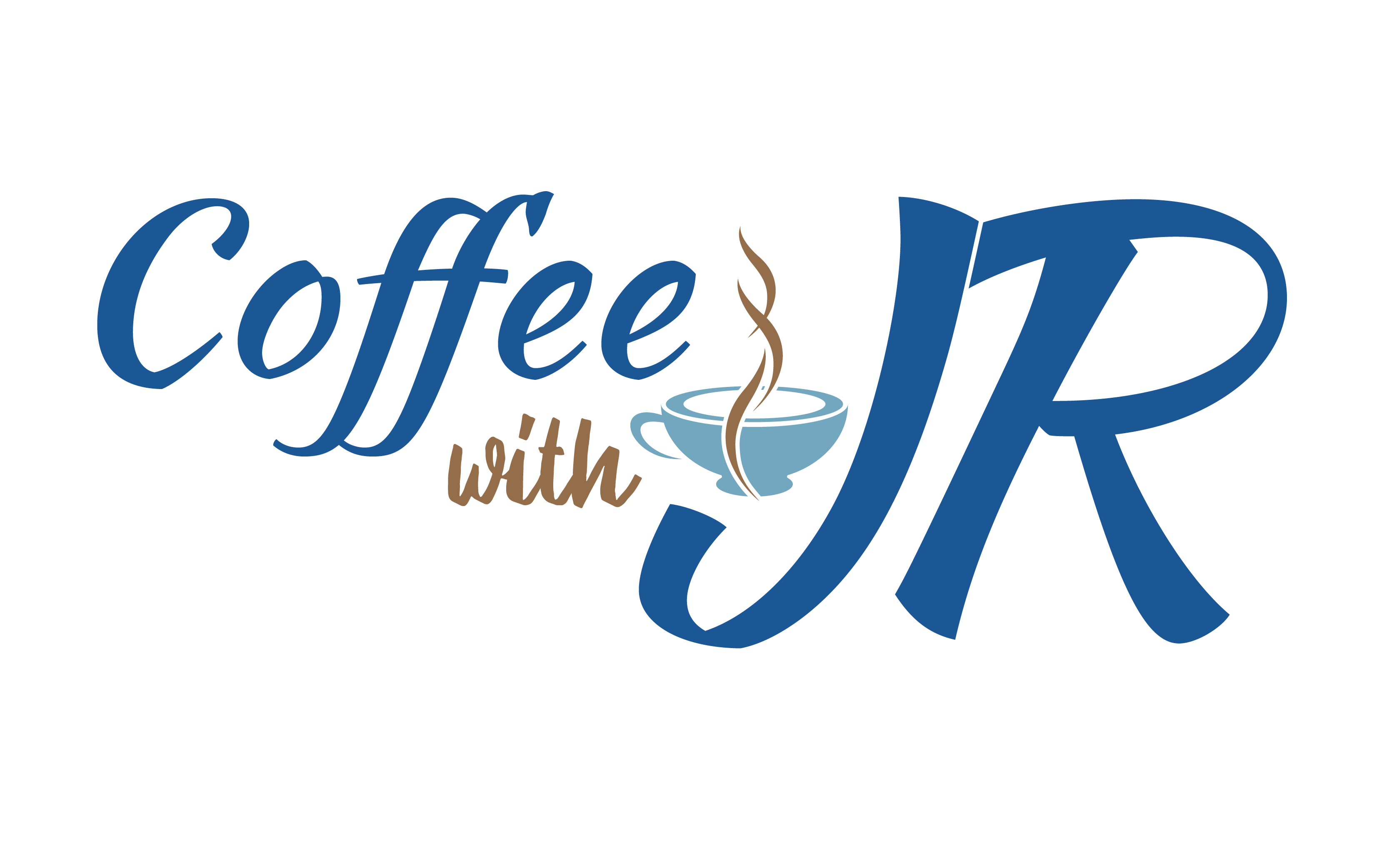
Reflections on Our Journey with Healthy Communities:
Bridging Faith and Mental Health
Over the past few months, I’ve had the profound honor of hosting and facilitating six sessions of Healthy Communities: Faith and Mental Wellness (HC). This initiative was more than a training for me; it was a shared journey toward my inner healing and growth. The mission of HC is to integrate mental health awareness into spiritual spaces and faith traditions by offering practical tools, thoughtful frameworks, real-world scenarios, and compassionate guidance. It’s a holistic approach designed to empower faith leaders, mental health professionals, educators, and everyday community members.
As of June 6, we completed our sixth and final session. Each workshop centered around a distinct intersection of faith and mental health:
-
- The Role of Faith in the Recovery Process
- Mental Health Stigma Within Faith Traditions
- Faith-Based Approaches to Suicide Prevention
- Navigating Grief and Loss Through Spiritual Perspectives
- Understanding Anger Management Through Sacred Texts
- Promoting Mental Well-Being Among Youth and Older Adults
We welcomed participants from a beautiful mosaic of spiritual traditions, ethnic backgrounds, and life experiences. And through each session, I witnessed something extraordinary: people showing up with open hearts, deep questions, and an eagerness to learn.
Culture as a Source of Strength
One recurring theme was the profound impact of cultural identity on how people perceive and approach mental health and faith. Several participants, particularly those with Latinx backgrounds, shared how their spiritual practices are profoundly shaped by their heritage. These cultural insights didn’t just add richness to our conversations; they were reminders that naming and celebrating our roots is itself an act of healing.
To be able to speak of one’s cultural background with pride, especially in the context of mental health, is a form of liberation and self-care. Our stories matter, and healing can begin when we are seen and heard as our whole selves.
Courageous Conversations on Suicide
Our third session was on suicide awareness, the one I anticipated would be the hardest. Given the stigma, fear, and silence that often surround this topic in both faith and cultural communities, I braced myself for hesitation and discomfort. But what happened instead was one of the most powerful, honest, and courageous dialogues I’ve ever witnessed. Participants spoke openly. They shared personal losses, community struggles, and spiritual reflections. The space felt sacred, held by mutual respect and a shared commitment to support people who have suicidal ideation.
Many expressed how healing it was simply to say the word suicide in a room where no one flinched or turned away. That is the kind of space we need to create where people can bring their pain without fear of shame or punishment. Talking about suicide doesn’t plant the idea in someone’s head. Instead, it provides an opportunity for people to come out of the dark.
Openness, Humor, and a Willingness to Grow
Despite the heaviness of our topics, participants showed up with lightness, humor, and curiosity. I was struck by how readily people were willing to share, ask, and stretch themselves. Even when I expected silence, I was met with thoughtful questions. When the material was complex or vulnerable, the group stayed present. The emotional courage and willingness to sit with discomfort and still engage are the heart of what community healing looks like.
The Hunger for the “How”
One of the recurring patterns I noticed is that the attendees asked a lot of action-based questions like:
• “How do I talk to a teen struggling with self-harm?”
• “How can I control my anger in the moment?”
• “Where do spiritual leaders turn when they need help?”
We are living in an age of information overload. We are constantly bombarded with news, opinions, updates, and content from every direction. While technology has made it easier than ever to access information, much of what we encounter lacks depth, accuracy, or meaningful substance. People are craving substance and practical tools that are effective and that they can use in their daily life, including within their spiritual practices.
A Community in the Making
By our third session, it was clear that a true community had formed. The participants brought their knowledge about mental health and their own lived experiences. The majority of them returned, session after session, consistently showing up with openness and grace. The combination of their wisdom, lived experience, open-mindedness, and consistency resulted in a strong bond forming. From the camaraderie came mutual respect and support for one another. What I witnessed in the remaining three sessions was this beautiful sense of solidarity. As a facilitator, I couldn’t ask for more.
If your organization, institution, or house of worship is ready to open courageous conversations around faith and mental health, we would be honored to partner with you. Let’s create spaces where healing, culture, and community come together. Bring Healthy Communities to your space because healing is sacred, and no one should have to walk this journey alone.

Recent Comments